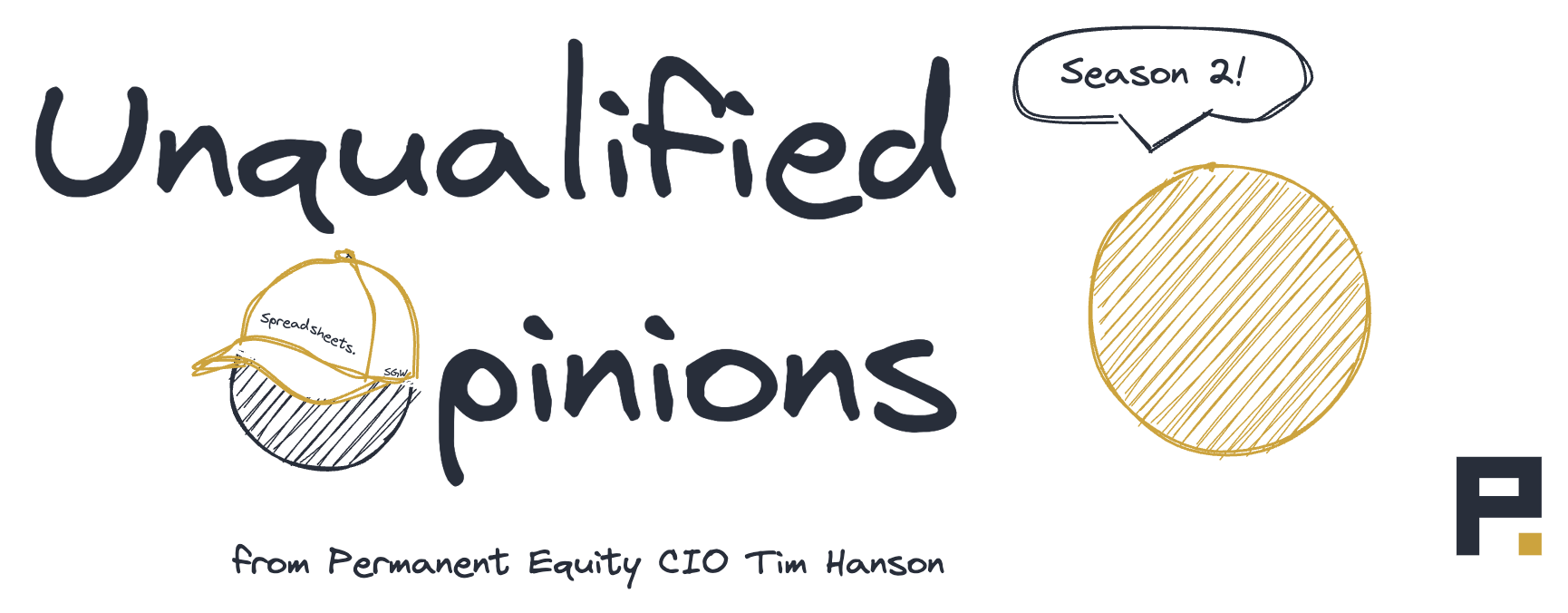Morgan Housel’s Costco Gaffe
It dawned on me that we are two months into Season 2 of Unqualified Opinions and I haven’t taken any gratuitous shots at my former direct report now best-selling author and global phenomenon Morgan Housel. That stops now.
Fortunately, Morgan provided fodder for a shot recently when he X’d Charlie Munger’s assertion that the reason there are no good interviews with Costco founder Jim Sinegal is that he was “too busy working,” calling Costco the “ultimate no bullshit, pure value-add company.” The reason this is fodder for a shot is because he apparently failed to remember that when we both worked at The Motley Fool, Sinegal gave us multiple interviews. In fact, my favorite Jim Sinegal story is the time Mac, who booked interview guests, called Costco to first ask if Jim would sit down with us expecting to get some administrative assistant only to have his call answered on the other side by someone who barked “This is Jim.”
Yes, Sinegal answered the corporate line himself, which is the ultimate representation of a no bullshit, pure value-add mentality.
Anyway, my shot at Morgan now taken, I’ll say that there are a lot of pieces of wisdom in those interviews with Jim, but I’d like to call out two.
The first is the concept that to be successful in business you have to know who you are and not forget it. Sinegal says that the graveyard of retailers is filled with people who “lost their way relative to what their original concept was.” People shop with Costco, he notes, “because we have great value on great products” and that Costco aims to be demonstrably better on price “on every single product we sell.” And that is why the company doesn’t advertise. Because it would raise operating costs that would have to be passed along.
Stretching for growth, it would have been easy for someone to say, “Hey, why don’t we just start advertising? The customer won’t notice slightly higher prices.” Not only would the customer notice, but that would start the cultural drift that would eventually undermine the business.
The second is the idea that when you start something, you won’t know where it will end up, so don’t lock yourself into anything. “Our original business plan showed that we could eventually grow to 12 Costcos…and we’ve missed the original plan,” said Sinegal. Today there are 859 Costcos in the world, so the plan wasn’t even close. This is why you preserve open-endedness. When something goes, you want to be able to go with it.
And Costco still has room to go. I mean, we still don’t have one in Columbia, Missouri.
– By Tim Hanson

